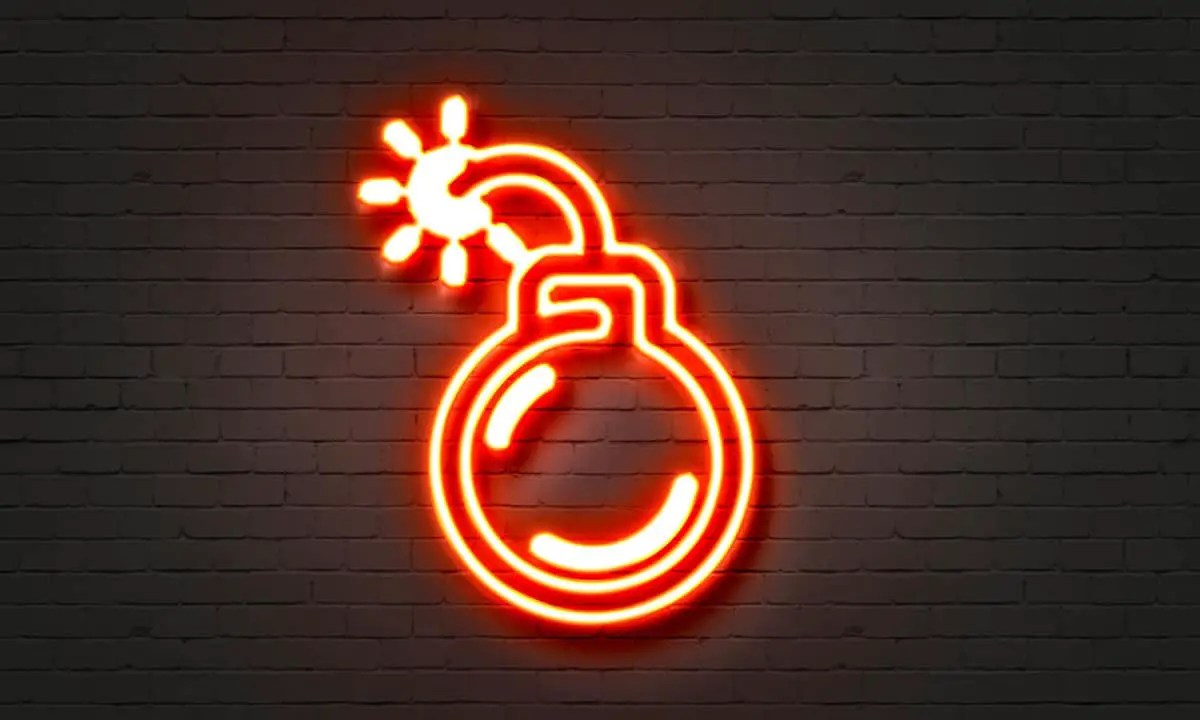Stand up Comedy is like a first date, it’s uncomfortable, one person talks too much and at the end, you hope you said something that might lead to you getting lucky. Stand up is not for everyone as you are on stage, alone, and trying to make strangers laugh. Heck it’s already hard enough to interact with strangers for most of us, but add the fact that you have to get up on a stage, speak, AND make them laugh, that’s enough to put most people in shock. But sometimes it falls apart and you have a bad set. What should you do if you have a bad set? How do you recover?
Here are five things you can do to get over a bad set.
- Practice More Before Getting Onstage
- Write And Rewrite
- Listen To Every Set, Especially The Bad Ones
- Ask For and Listen To Feedback
- Get Back On Stage As Soon As Possible
Stand up comedy is a process and if you work through the following advice you will find it much easier to return to stage and have less instances of bad sets. A bad set and “bombing” are not always the same. Sometimes a bad set can be a bomb but a bombing could be due to a bad crowd, drunks, hecklers, or just general adversity to your style or brand of comedy.
So think about every date you’ve been on. Not all have been winners I would guess most were not but you didn’t stop dating. You got back out there and kept doing either until you got married and had to get new material for the dates or I guess you quit trying. That’s standup comedy.
If it goes bad you have to keep trying with other people and refine your routine. The more you get on stage the less bad sets you will have, but the opposite is also true, the more you get on stage the more opportunities there are to fail. Or give up. So here are some tips to keep you from giving up and getting better.
Practice More Before Getting Onstage
The time to practice comedy is not when you step on stage. Sure comedians get onstage and work out jokes but that doesn’t mean that’s the first time they are working on them or speaking them. You should be reading over your jokes, saying them outlaid and trimming the fat. Once you get on stage you will feel the flow of the joke and refine them, knowing when you change your voice, add infection, and when you speed up or slow down.
This is why recording your set is so important. Record every time you practice or perform your set as you will hear the different inflections and changes in your tone, pace and style of your jokes. This is important because this is what establishes your voice as a comedian.
Write And Rewrite
You should be writing everyday. You know that right? And part of writing is rewriting. Every day you should be writing new jokes, reading old jokes, and refining your worst jokes to make them your best jokes. Add a tag, cut a word, write a new setup, no matter what you should be writing or rewriting one joke everyday.
There is no such thing as a perfect first draft. If you listen to famous and successful comedians most of them will tell you that they go back and cut, trim, and mold every joke until it is as close to perfect as possible. In novels and screenplays this is called “killing your darlings”. You will have to cut out unnecessary words to make your jokes as sharp and tight as possible. So if you haven’t started today, stop reading and hop to it!
Listen To Every Set, Especially The Bad Ones
Here’s the truth, no one like listening to their set. Most people don’t like the sound of their own voice, and no comedian likes to hear themselves do a set with little to no laughter. But, sadly the only way to get better after a bad set is to listen and analyze why.
Was it your pacing? Was it your setups? Did you step on laughs when you said a tag? Did you fumble a punchline? Without listening to your bad sets you’ll never get better.
I have every set I ever recorded still saved. Why? To remind me. To remind me that I was bad, but now I’m better. That I have grown and most of all that comedy is my passion. All these sets make me better and I’ll have them until I die, or until I kill my hardrive.
Every time you practice your jokes, sets, or bits you might be making changes you are not even aware of. Which means you may be doing them differently at home or in your car than you do on stage. This will affect everything you do onstage including your timing, pacing, and delivery.
Ask For and Listen To Feedback
This might be the hardest step in this whole process. Feedback is not an easy thing to accept. You may not even realize you had a bad set. Many comedians have come off stage and said, “I killed.” , “They loved me.”, or “I was on fire tonight.” If someone gives you a weird look after you said something like this find out why.
If you had friends or family at the how ask them to tell you honestly how they think your set went. If they hesitate or give you a “Fine.” answer dig a little deeper. Did you record your set? If not it will be hard to figure out why you think you “bombed” or killed and why others think you may have done the opposite.
If you have comedian friends ask them what they thought of your set. Ask if they saw anything that was distracting or if you do something that interrupts the flow of your jokes. It may be something as simple as pacing the stage, pausing between the setup and punchline, or even not connecting with the audience. Small tweaks can have huge impact on your sets.
Get Back On Stage As Soon As Possible
Yep you have to get back on stage. And honestly the sooner the better. I once bombed in front of two people and five comedians. The next day I did an open mic and crushed it. Different days, same sets, different results. Stage time is crucial to your growth as a comedian.
Open mics, comedy clubs, friends shows, and even those self produced shows you do help make you better. No set is perfect, no crowd is perfect. The only part of every show you can control is how you perform on stage. Stage time equals growth. So get back on stage!
If none of these suggestions make you want to get back on stage or you can’t face a bad set again. I only have one other suggestion. Give up. Because if one bad set or show is all it takes to keep you from doing stand up you are doing it for the wrong reasons. Comedy is not easy. It takes a special person to be a comedian or comedy entertainer. Wear the badge of having a bad set with honor. It’s the sign of a true comedy professional.
Comedy done for the wrong reason is why most people quit after they have one bad set or show. Do it for the love of comedy, not money, fame, or a TV deal. Do it for you. That way no matter what, you’ll get over a bad set or show without a second thought. Failing is the only way to learn and get better at comedy. If you have never had a bad show or set you are either lying to yourself or have only been on stage once. Failing is how comedians get better, or quit.
If you can have a bad set and get back on stage having learned from that bad show you will grow leaps and bounds over other comedians. Don’t let ego or excuses stop you from growing. Every comedian has had bad sets. Everyone who is famous now has had a bad show. This is how comedians grow and get better. Welcome to the club. Now get back on stage!

